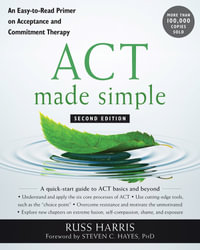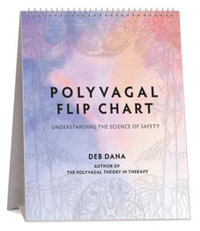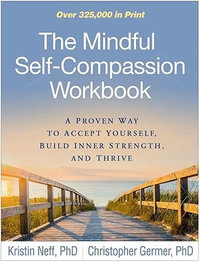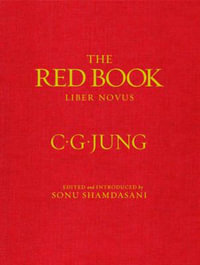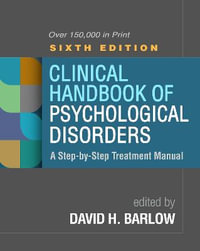Minding What Matters could be considered part of a new genre, the "literary self-help" book. Echoing the style of Kundera and the insights of Jung, with dashes of "The God of Small Things" and "Thoughts Without a Thinker," this timely book alternates between discursive sections on Buddhist topics and engrossing fictional scenes between a psychotherapist and a patient.
Sometimes going so far as to directly address the reader, the book shows how of any one of us can intimately explore his or her mind. By encouraging readers to create a stare of inquiry and allowing them to put themselves into hypothetical situations-such as participating in therapy or engaging in Buddhist practices-the book shows us how to discover our inner thoughts and then act on them in positive ways. At once informative and evocative, Minding What Matters offers an entrancing vision of, in Robert Coles's words, "what is possible to do and to be."
About the Author
Robert Langan, PhD, is a Fellow, Training and Supervising Analyst, and Director of the Center for Applied Psychoanalysis at the William Alanson White Institute in New York City, where he maintains a private psychotherapeutic practice. His interest in Buddhism began in college and led to the Peace Corps in Nepal, where he developed a fascination with Tibetan culture. Torn between East and West, he pursued doctoral and post-doctoral training in Western psychology only to find it led him once again, but without conflict, to Buddhism. He is a longtime member of the Jewel Heart sangha and the Insight Meditation Society.
Industry Reviews
"In this fascinating book Robert Langan opens up not simply the practice of psychoanlaysis, but also the writing of it. At once informative and evocative, a rare combination these days in psychoanalysis, Langan's new book turns on turns of phrase and rythmn that are often startling and always suggestive. Very few books now give psychoanalysis a chance; "Minding What Matters" is a wonderful and timely reminder of the romance of psychoanalysis, of what Lacan called psychoanalytic opportunity."--Adam Philips, author of Kissing, Tickling, and Being Bored




